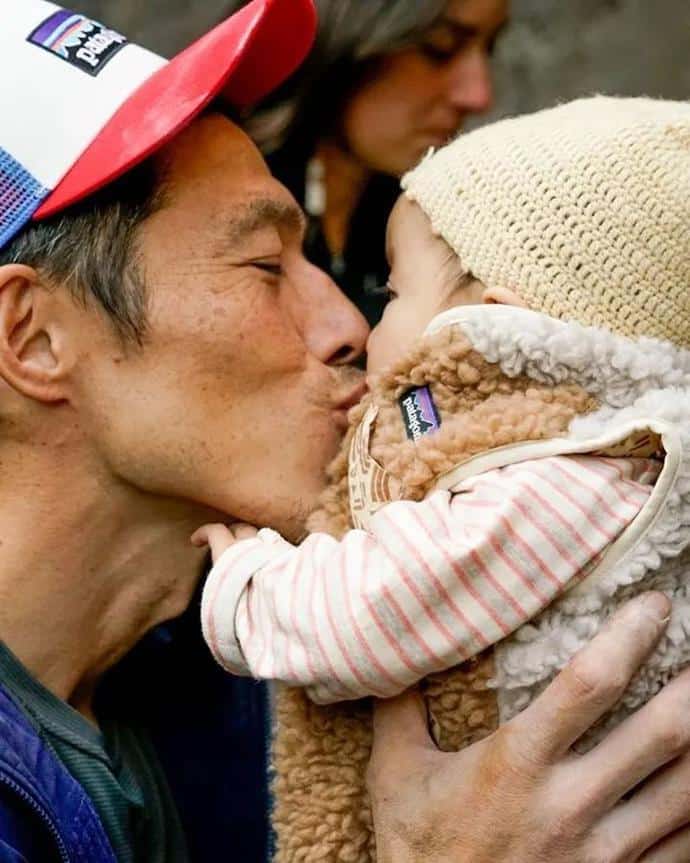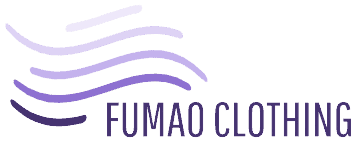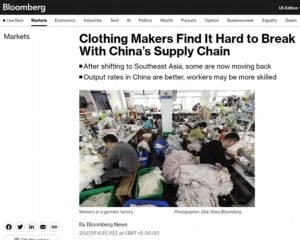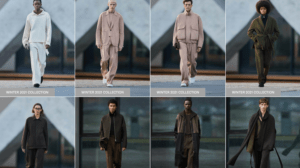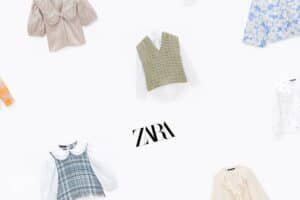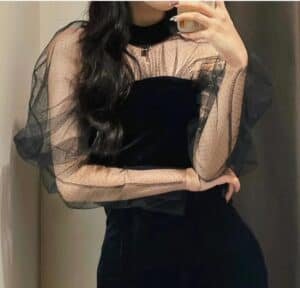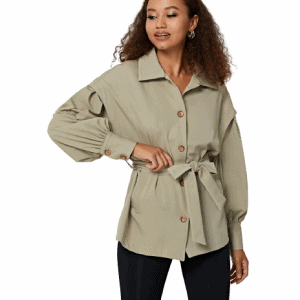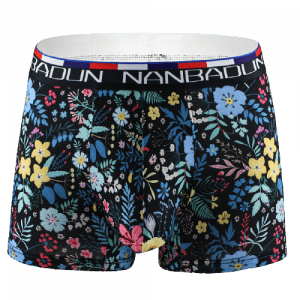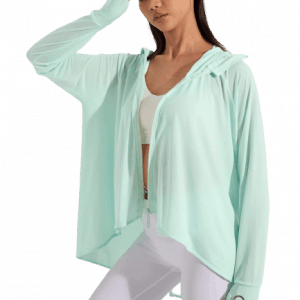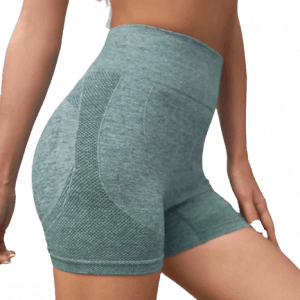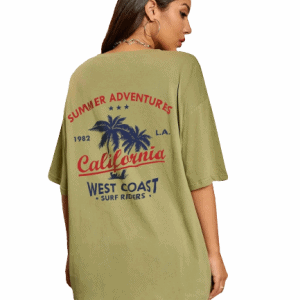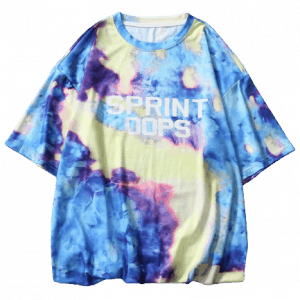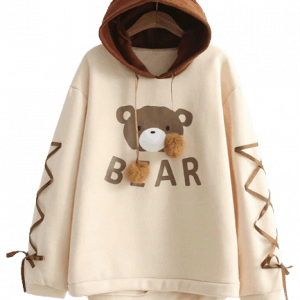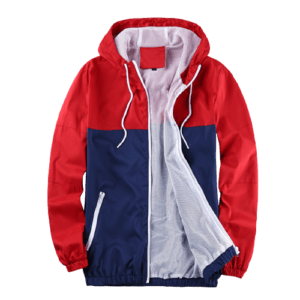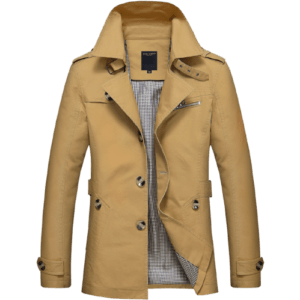Concerns on environmental protection have become more and more critical these recent years. As one of the largest industries in the world, clothing plays a vital role in the pursuit of the preservation of nature. But these days, when various brands shout claims on helping to protect the environment, are they sincerely carrying this out the way they should?
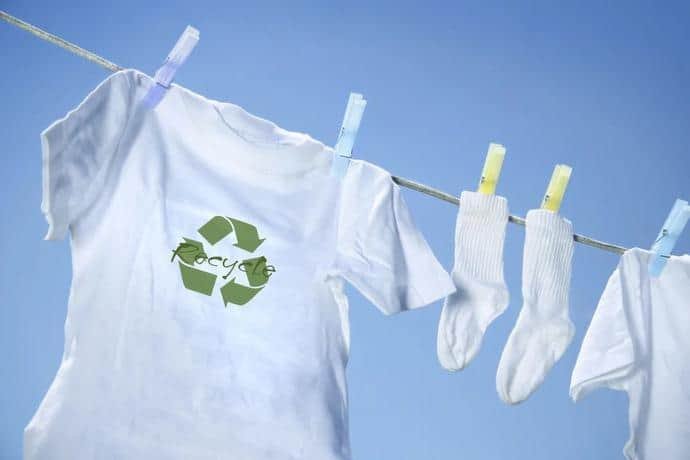
Cotton and its production
Take the case of cotton production. According to data I have found on the internet, cotton planting only takes up 2.4% of the world’s total arable land area. However, the impact on nature is more evident when you consider the usage of 24% of global insecticide production and about 11% of worldwide pesticide sales.

Cotton production
Statistics show that by 2050, the total amount of clothing we need to produce will be three times higher than at present. Yet, only a single-digit proportion of that is currently recyclable. Whether this is environmentally sound, I have yet to decide. In any case, this advocacy in the garments industry has just started. From what I see in the current efforts of major brands, I am inclined to believe that most people will not try to check whether they are serious about promoting the cause.
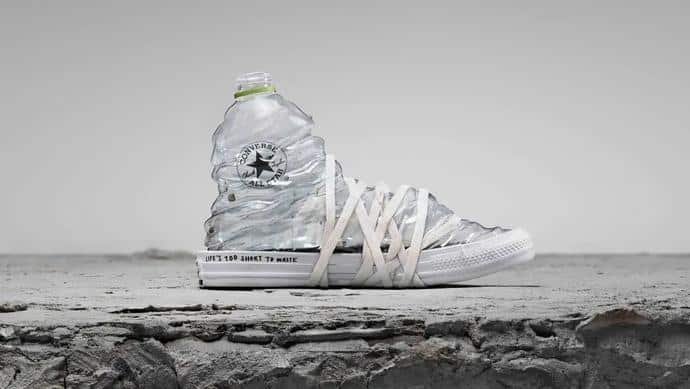
Cotton regulations and the Responsible Down Standard (RDS)
There are several criteria for judging steps taken. Some have already gained credibility and reputation through the years. For others, they are others are jointly supervised by the government in cooperation with the brand. At this point, our old friend Uniqlo comes to mind. If you look at their down jackets, they use feathers that comply with the Responsible Down Standard (RDS).
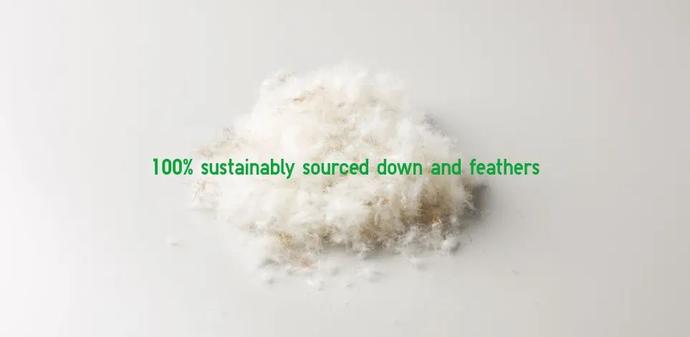
It is also worth mentioning that the company THE NORTH FACE was the one that established the RDS certification in 2014. The company worked hand-in-hand with the non-profit environmental organization Textile Exchange and Control Union Certifications. These organizations cooperate to ensure that the right people abide by ethical standards in the production of goose and duck down. They focus on proper animal welfare to ensure no live defeathering, forced feeding, and inhumane breeding methods. They also ensure source traceability is 100%.
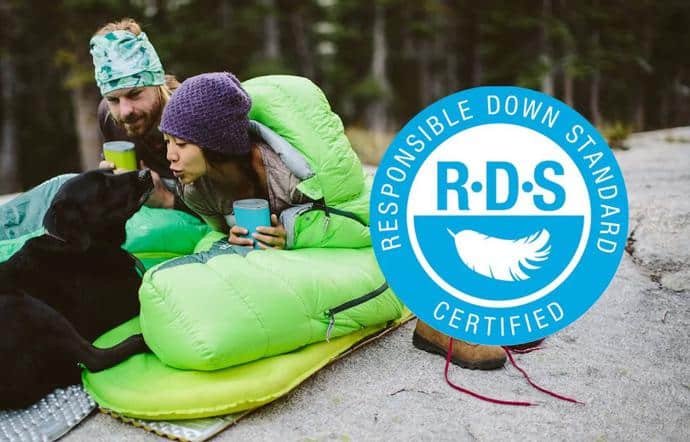
Is an RDS certification permanent?
RDS certification needs renewal every 14 months, so there’s no need to worry about manufacturers “complying only once, and that’s it.” In addition to Uniqlo and The North Face, other brands like Columbia, Arc’teryx, L.L.Bean, Levi’s, H&M, and others also participate in the RDS certification system. Of course, you can further verify this yourself if you wish.
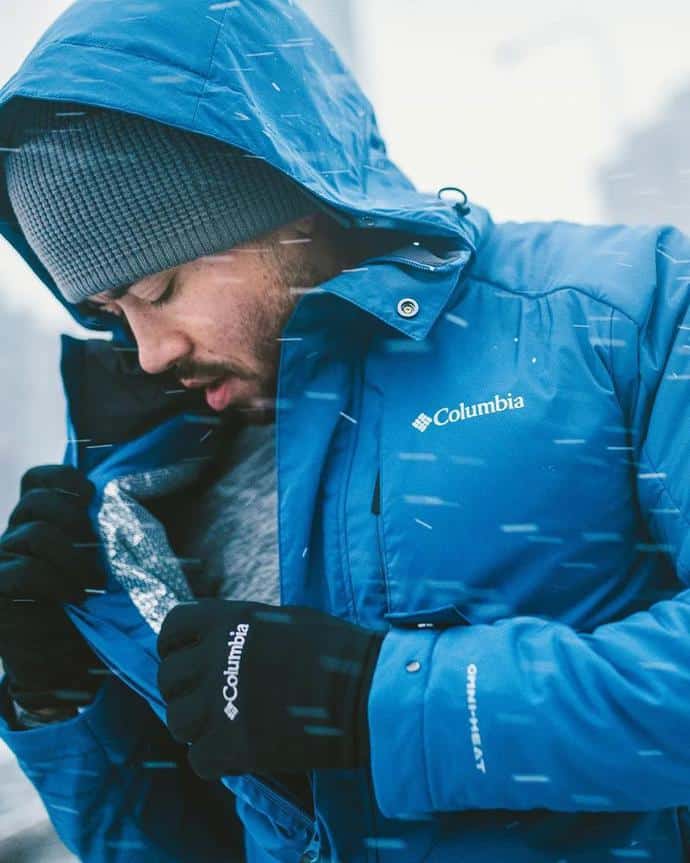
Recycling versus sustainable resources
To be honest, the definition of environmental protection is rather broad. To some extent, the protection of animals is also a kind of environmental protection. In my opinion, it is extremely necessary to supervise the use of feathers as filling material. Collecting filling materials will speed up the cycle of down jackets and increase the pressure to recycle. In contrast, the urgency to recycle high-quality feathers is certainly much less because the feather itself is a natural by-product and a sustainable resource.
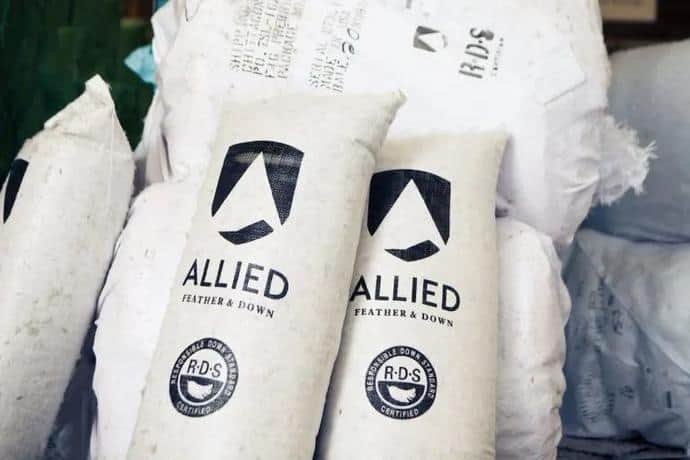
Bluesign
There is also something called the Bluesign certification. I think you may not be familiar with this standard. Established in 2000, it has become one of the most significant certifications of sustainable textile production. It ensures that textile products can meet international safety requirements. With this, consumers will have more confidence to buy sustainable products.

How strict is Bluesign?
As a very comprehensive certification, Bluesign naturally has very strict requirements. They check the fabric and chemicals used in processing. They take into consideration the safety of the staff and customers. An analysis of each production section and its environmental impact also has to meet a corresponding requirement. Should there be one aspect that is not up to standard, the company will not obtain certification. It most certainly can be said that the Bluesign Standard is an extremely stringent environmental protection certification.

Bluesign-compliant brands
If you are interested to know which brands have acquired Bluesign, there is Adidas, Arc’teryx, ASICS, Columbia, and many more. However, I would like to mention the company Patagonia in particular. Their slogan “Buy Less, Demand More” may be a bit of a “countertrend” in most people’s eyes. This creates more attention to their efforts regarding environmental protection, and their performance is easy for all to see. By the way, Patagonia was the first clothing brand to join Bluesign, thereby earning a little more respect from me.

Leather materials
Concerning leather and related environmental protection certification, making leather supple and durable needs chemical substances. Therefore there is a certain degree of impact on the environment, waterways, and workers’ health. Companies dealing with leather that wish to attain environmental protection credentials will have to get the Leather Working Group (LWG) certification. They must also prove that the leather they use is from a sustainable production source.
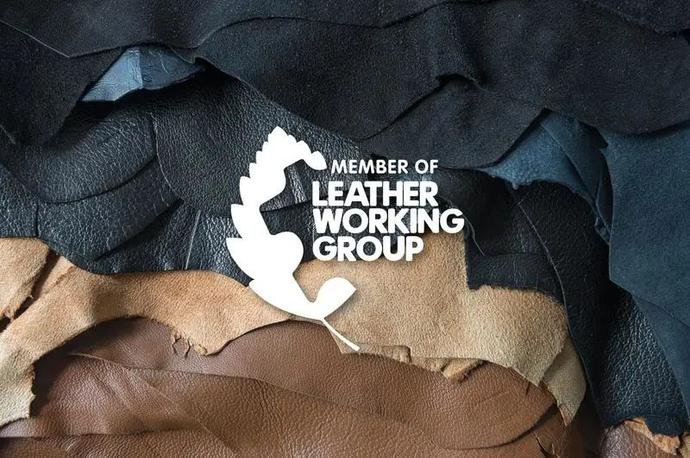
What’s interesting is that the LWG, when created, did not have an environmental group in the head. Instead, it was top brands like Timberland, Clarks, and New Balance. Also included are influential brands Nike and IKEA, along with a few famous leather manufacturers. You can even consider the LWA as an “internal auditor” in the leather industry. They supervise industrial facilities, brands, traders, suppliers, etc., to make the leather industry more environmentally friendly. Dr. Martens, Veja, and the beloved Horween leather tanners are among the many other LWG certified brands.
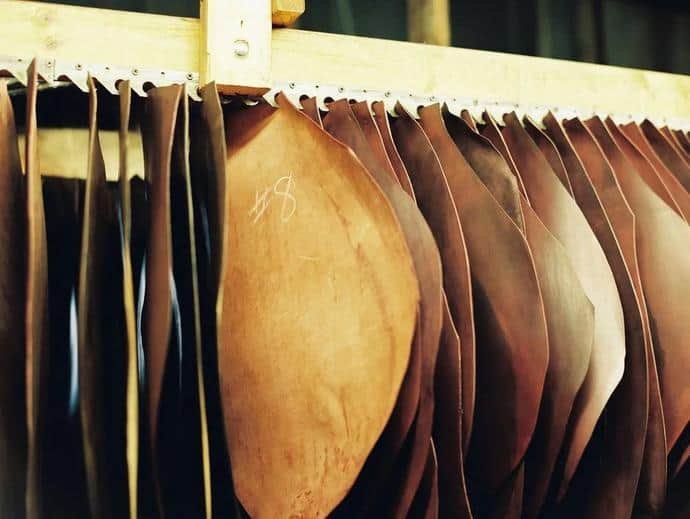
The LWG certification system has four levels: gold, silver, copper and audited. The higher the rating, the more environmentally friendly the brand or manufacturer is. The basis of the assessment is the operation with the worst performance in each process. LWG members must establish a proportional supply relationship with other members for a specified number of years. They have to maintain their entire production and distribution process within the scope of LWG certification. All this is why this certification is very convincing and authoritative.

There will inevitably be modernization in the traditional craft of leather tanning to respond to the increasing pace of market demands. But in truth, plenty of manufacturers and brands can’t do that concerning environmental protection. Rather than being traditional, the overall power of the LWG will not allow them to be distracted from eco-friendly standards. Leather and boot factories are known to be messy and dirty, after all. In any case, I predict that the emergence of LWG will gradually change the pattern and production mode of the whole industry.
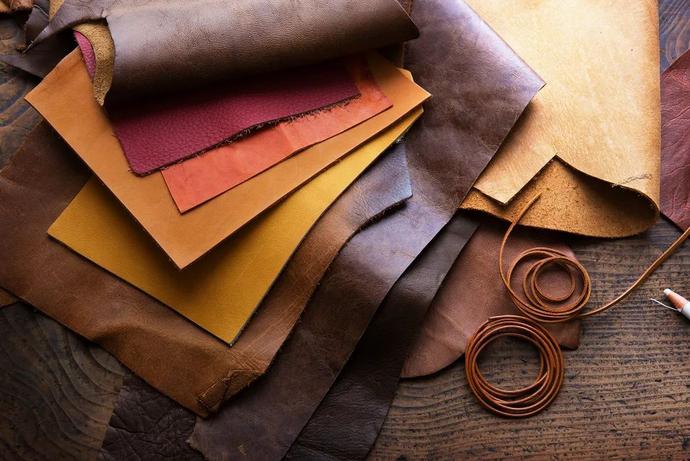
Harmful Substances in Production
In garments manufacturing, the production of harmful substances is arguably unavoidable, which affects the surroundings and organisms around. Oeko-Tex is an expert on this topic. This certification body gained its reputation because it is more stringent in testing products’ toxicity levels than standards in some countries.
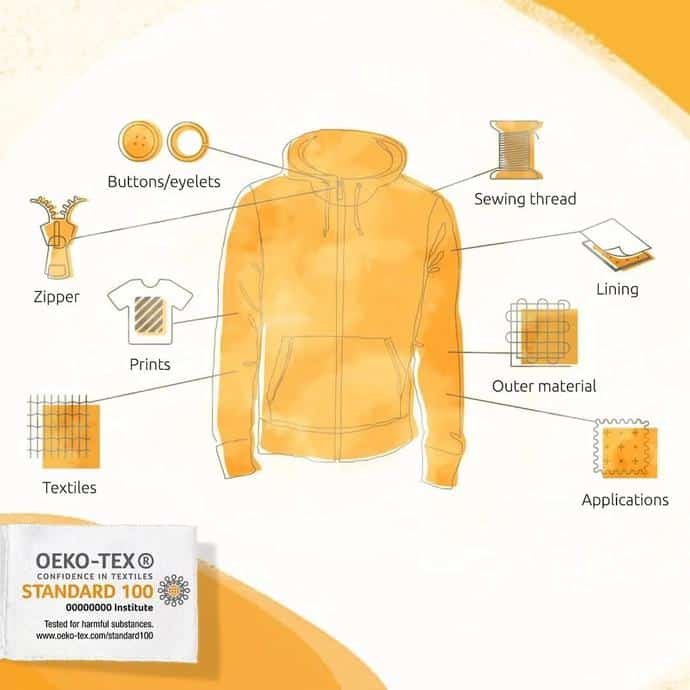
Oeko-Tex has corresponding standards in detecting harmful materials for different phases of production. The most common is the “Standard 100 by Oeko-Tex” test for clothing materials. For leather products, there is the “Leather Standard by Oeko-Tex.” The “Made in Green by Oeko-Tex” is for sustainably produced textile products. The label “Eco Passport Oeko-Tex” is for evaluating hazardous substances covering the entire production process.
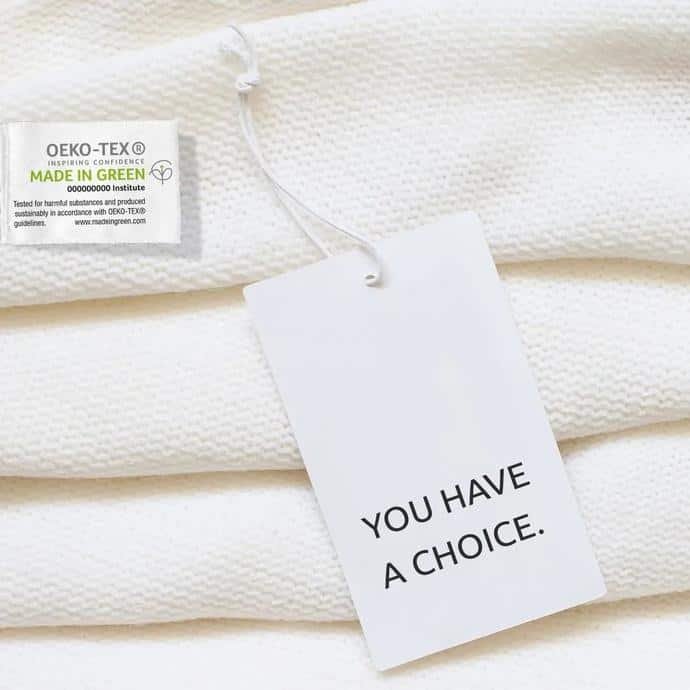
Unfortunately, many brands do not meet strict requirements. Take “Standard 100 by Oeko-Tex” as an example. I found that only a few brands and collections passed the certification, except Gore-Tex, Patagonia, and Uniqlo Kids.
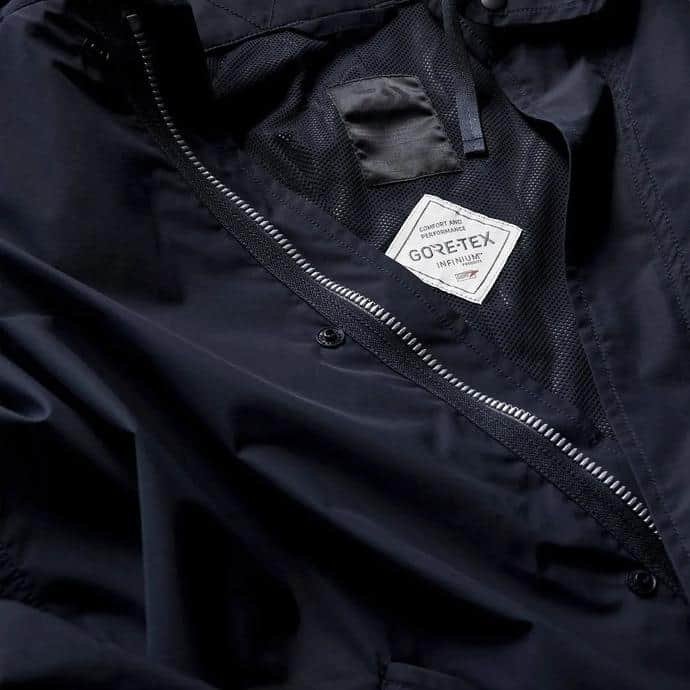
Organic Cotton
GOTS
Since environmental protection is achieved, the use of Organic cotton is inevitable. At this point, it is natural that we have to mention the certification of Global Organic Textile Standard (hereinafter referred to as GOTS), which is the focus of our attention. GOTS has a long history. It is jointly founded by Organic Trade Association, International Association of Natural Textile Industry, The Soil Association and Japan Organic Cotton Association. Authoritatively, it can be said that there is no need to worry about it at all.

GOTS focuses on the production and use of organic cotton. For example, it sets the standard planting methods without the use of pesticides and fertilizers. It prohibits the use of genetically modified seeds and insists on utilizing organic cotton plant dyes for coloring. This new and popular environmental direction for organic cotton to achieve effective regulation is like a big cake on display. But are there a lot of people who would like a slice?
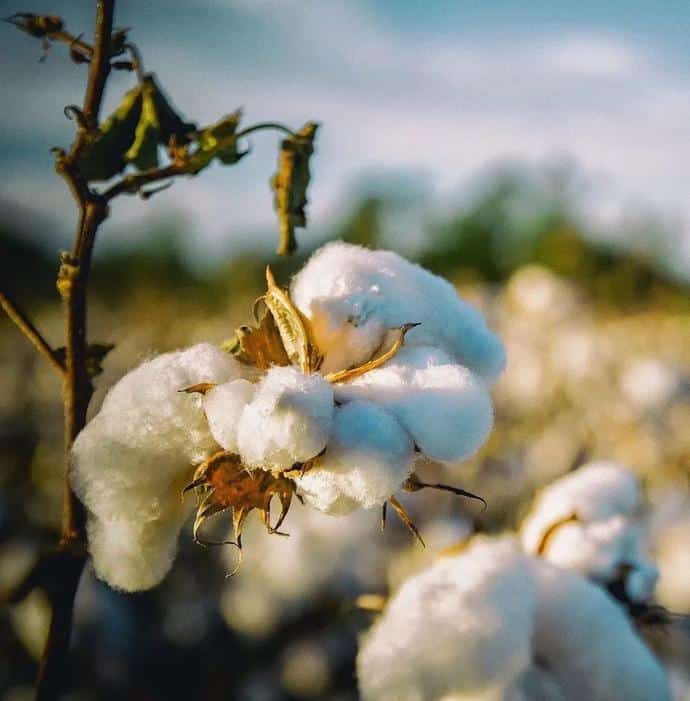
In addition, I found that Arket, a brand I very much admire, uses GOTS-certified organic cotton. Although the increase in the proportion of its use is somewhat slow, it is still very gratifying. The cost of organic cotton is three or four times higher than that of traditional pure cotton, so the pressure is still very high.

Other certifications
There are many environmental protection certifications to consider. There is the Recycled Claim Standard and the Global Recycle Standard. For wool, the Responsible Wool Standard. The Organic Content Standard also seeks to regulate organic fabrics. I can’t name the others, but you, my friends, can check and follow the certifications according to your beliefs. It can help prevent unscrupulous businesses from just profiting from the concept.
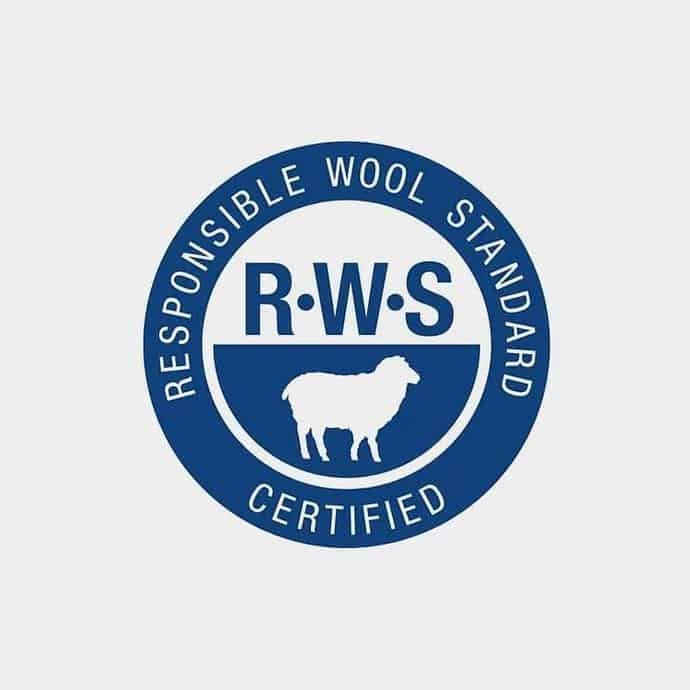
Consumer expectations on environmental protection
So now we know that are regulations and certifications for environmental protection. By why are the effects not as big as we have hoped? I think the lack of attention and awareness is a huge factor. The relationship between fashion and environmental protection, I believe, is one link to consider. Even if the brand is trying to be green, but the consumers are still the same (only interested in trends and price), this venture will run aground halfway through. As long as there is a certain degree of environmental protection awareness, It is my opinion that people will not resist environmentally friendly clothing. After all, the environment is for everyone.

Furthermore, producers and consumers should not always be in a passive position. Instead of “feeding” the brand and accepting all they offer while becoming puppets constrained by consumerism, we should choose what we want. Let us all exert environmental pressure on the brand with practical actions.
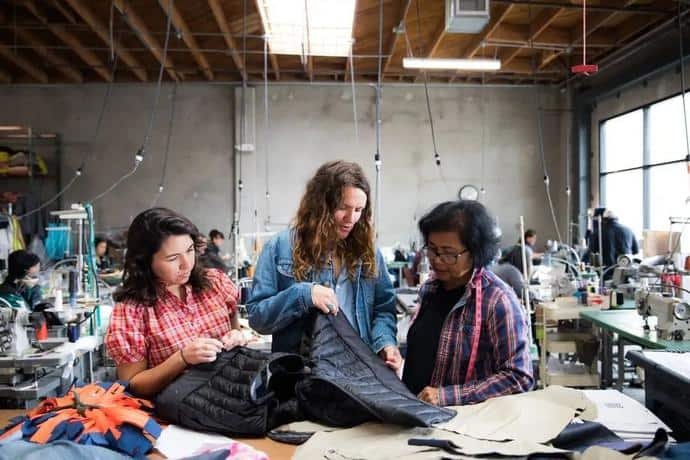
The reality of brand claims of environmental protection
Then again, it’s really about the brand. Although they all advertise environmental protection claims, it is challenging to achieve the most basic ecological targets. At present, only a small number the brands have joined the environmental protection army. Moreover, based on figures, sales of sustainable clothing have not been as good as those made in the old way. Therefore, I can’t yet conclude whether making money following environmental protection is more profitable.

All these are just some of my ideas on environmental protection. The planet’s natural environment has already deteriorated. Every year we have people giving us terrifying information about how things are getting worse little by little (though I believe the extent is much larger). We experience abnormal weather conditions and observe the disappearance of animals due to extinction. These may seem like small changes in our lives, but they are earth’s warnings to humanity. In the end, we will all be sorry if we fail to understand and support these environmental causes.
